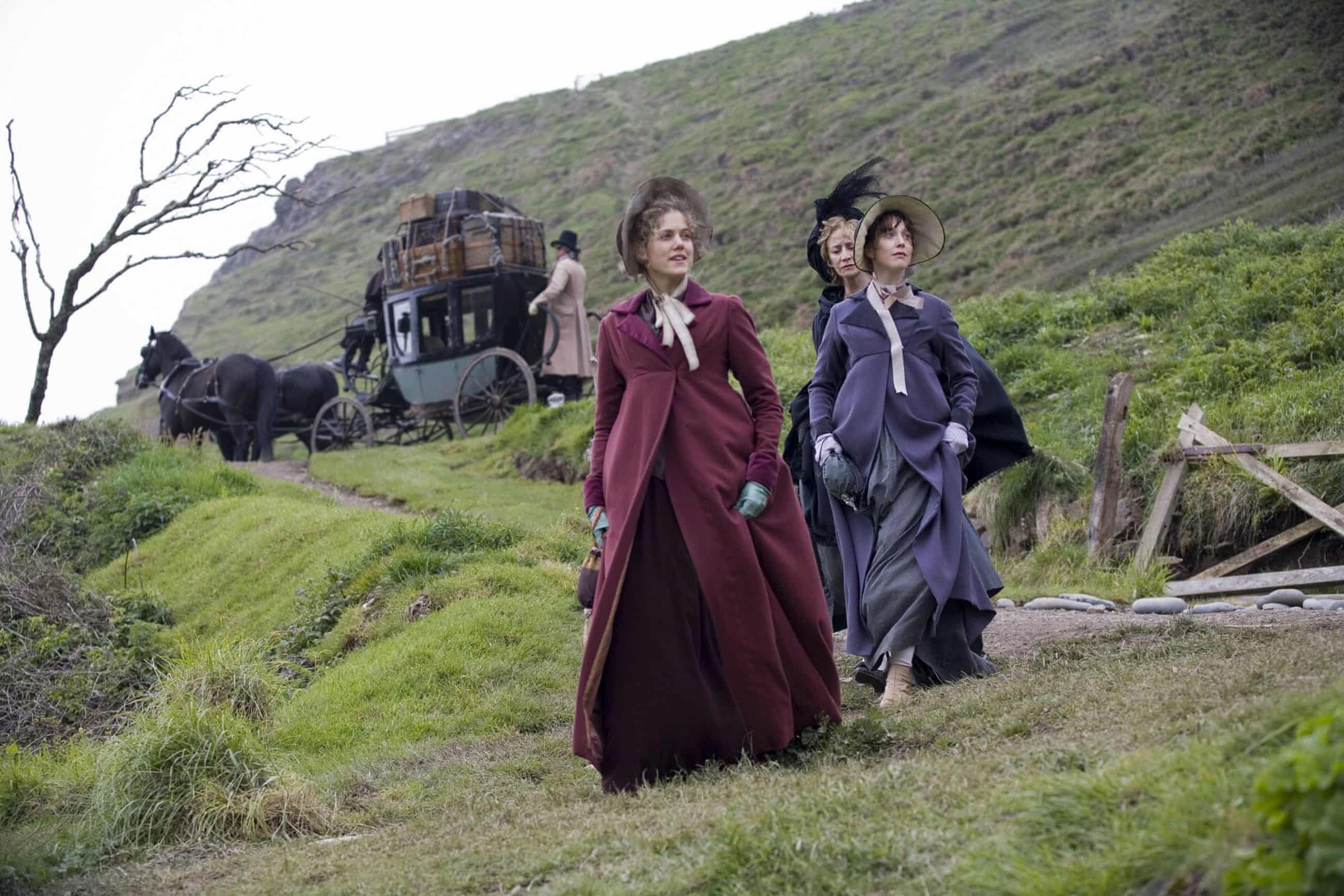Englishness, empire and anti-capitalist protest – 40 years after it was first published, Raymond Williams’s classic work The Country and the City still helps explain England’s complicated national identity

“Policy, polity, politeness, urbanity, civility, derive their names as well as their nature from city life, while the terms rustic, savage, heathen, pagan, indicate the rougher and more backward tendencies of the herdsmen and cultivators of the ground,” was the considered view of the Liverpool architect and Victorian city booster Sir James Picton. By contrast, in his lurid 1844 pamphlet, “On the Need of Christianity to Cities”, the Paddington curate James Shergold Boone struck a different tone: “Cities are the centres and theatres of human ambition, human cupidity and human pleasure … the appetites, the passions, the carnal corruptions of man are forced, as in a hotbed, into a rank and foul luxuriance.”
Raymond Williams’s 1973 book The Country and the City is an ambitious attempt to unpick the historical, cultural and imaginative context behind such sentiments, as expressed through centuries of English literature. In its remarkable range of literary sources and historical sweep, this deeply confident work reveals Williams’s powers as fiction critic, cultural theorist, Marxist ideologue and urban thinker. Above all, it is a beautifully written account of one of the abiding themes of European culture: the construction of the virtue of the rural and the vice of the urban. Rural idiocy versus urban civility. Or as the poet Juvenal put it: “What can I do in Rome? I never learned how to lie.”
More
Raymond Williams’s 1973 book The Country and the City is an ambitious attempt to unpick the historical, cultural and imaginative context behind such sentiments, as expressed through centuries of English literature. In its remarkable range of literary sources and historical sweep, this deeply confident work reveals Williams’s powers as fiction critic, cultural theorist, Marxist ideologue and urban thinker. Above all, it is a beautifully written account of one of the abiding themes of European culture: the construction of the virtue of the rural and the vice of the urban. Rural idiocy versus urban civility. Or as the poet Juvenal put it: “What can I do in Rome? I never learned how to lie.”
More
No comments:
Post a Comment